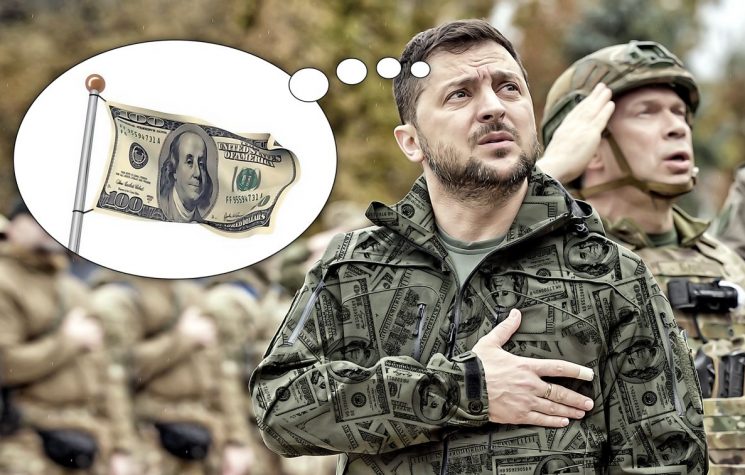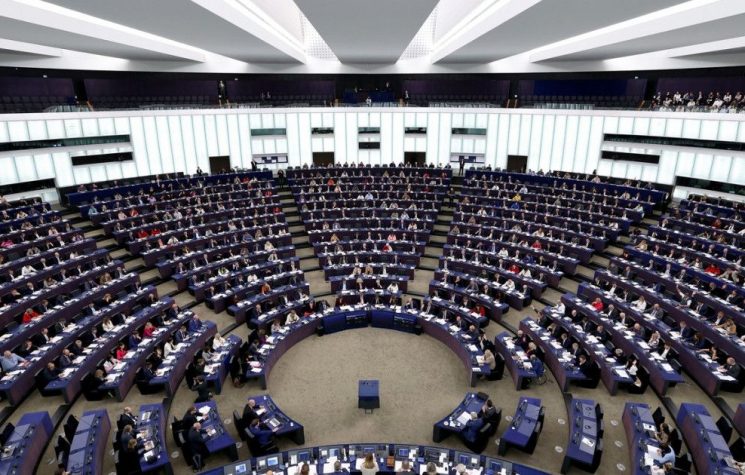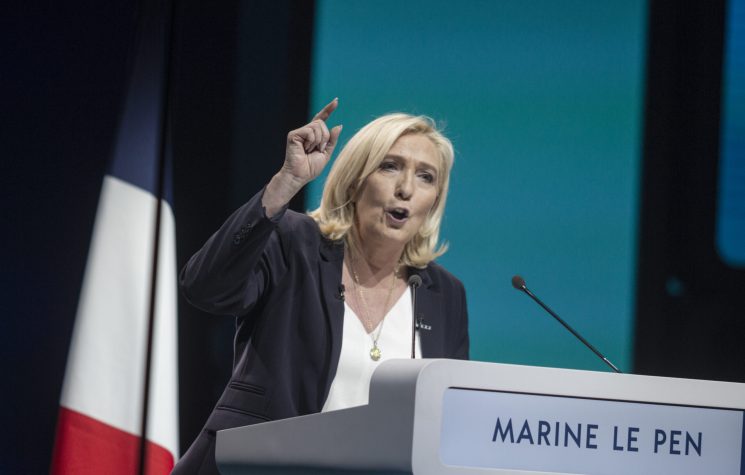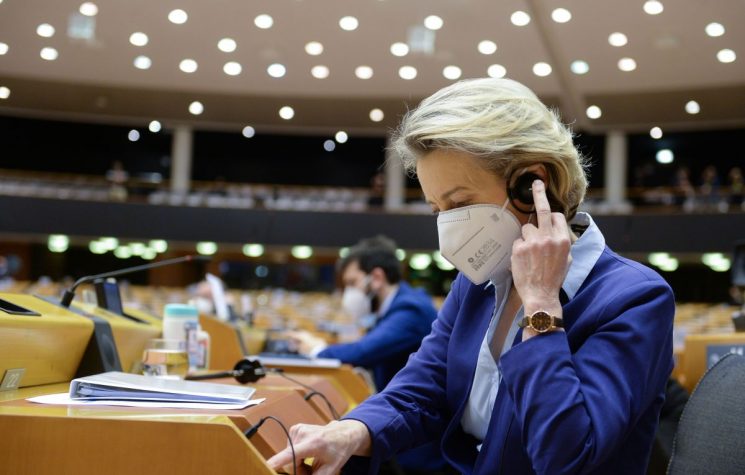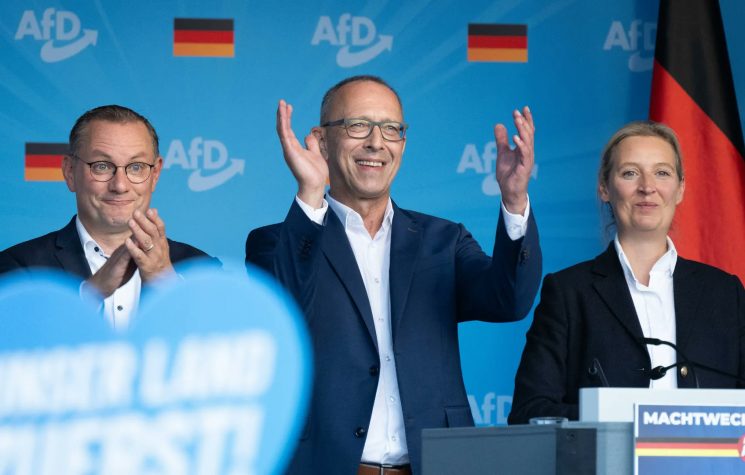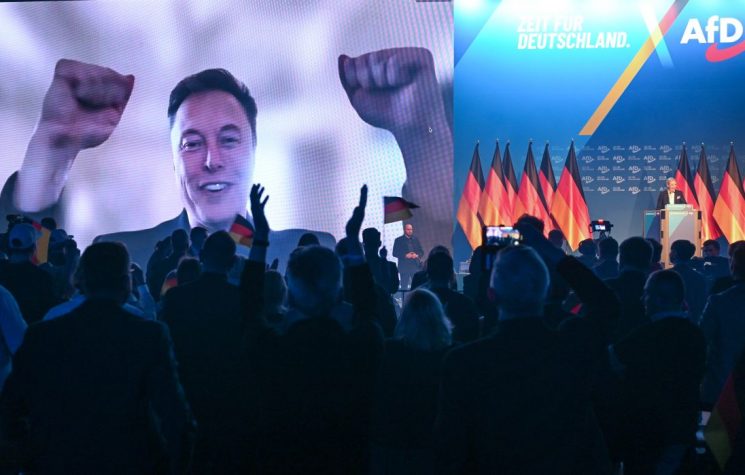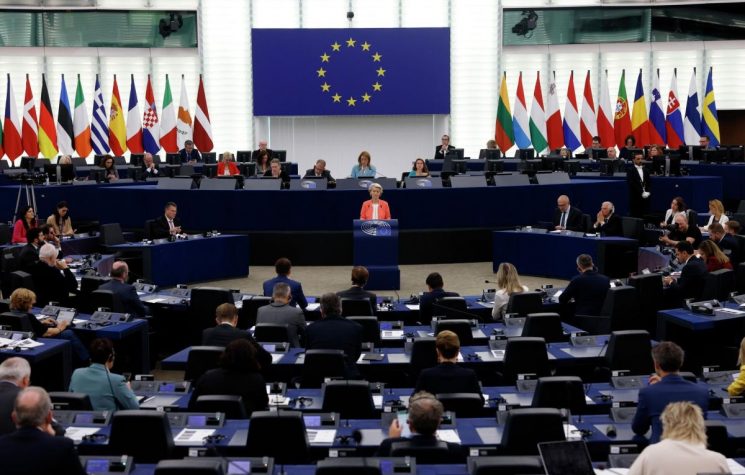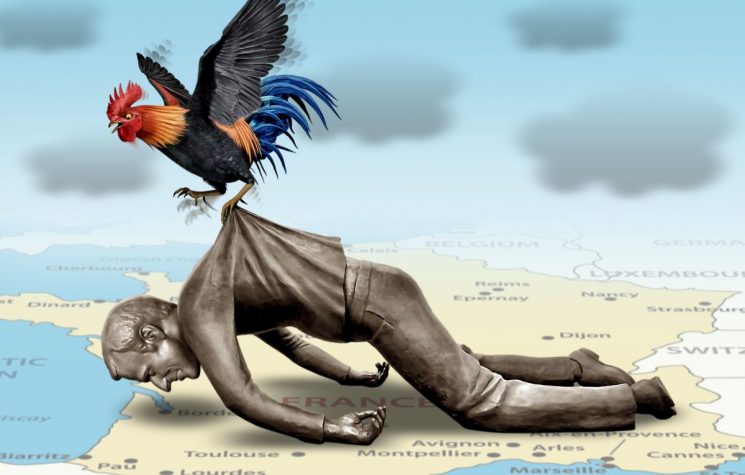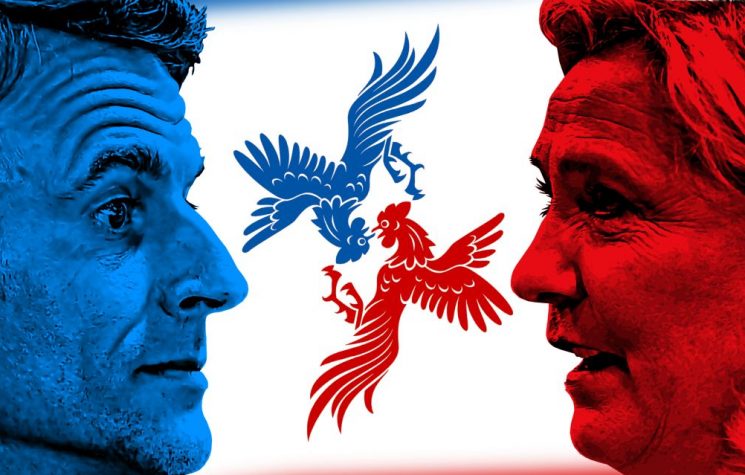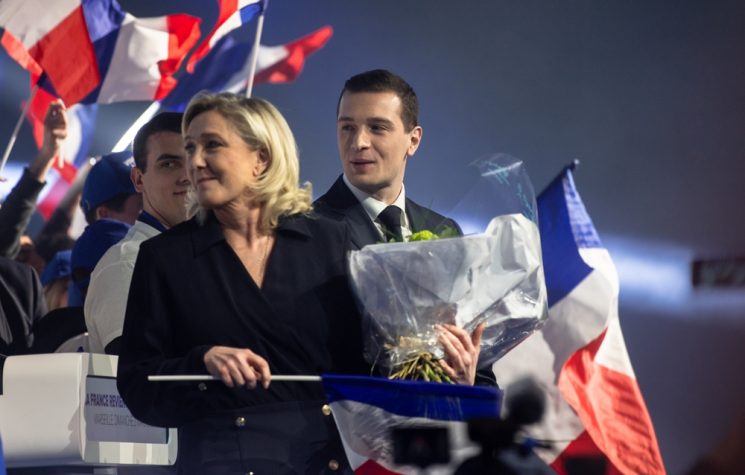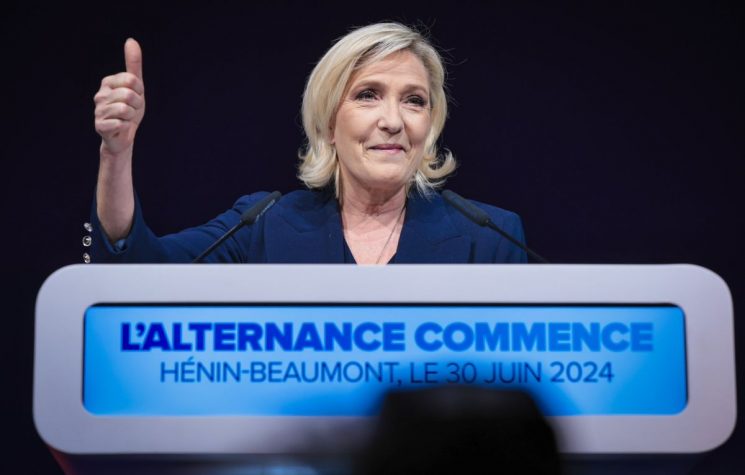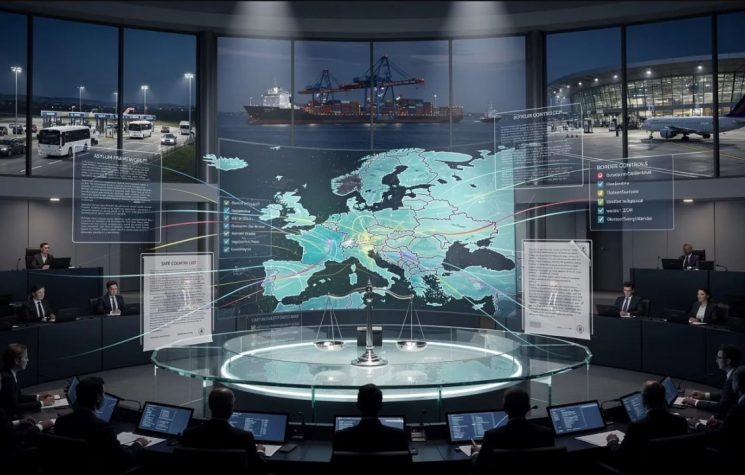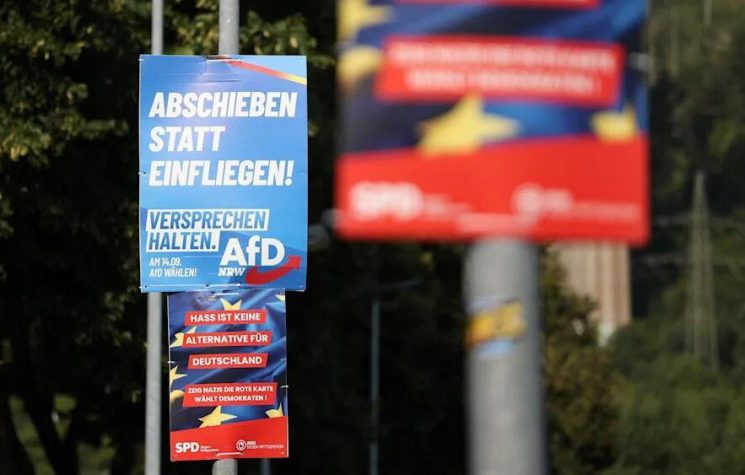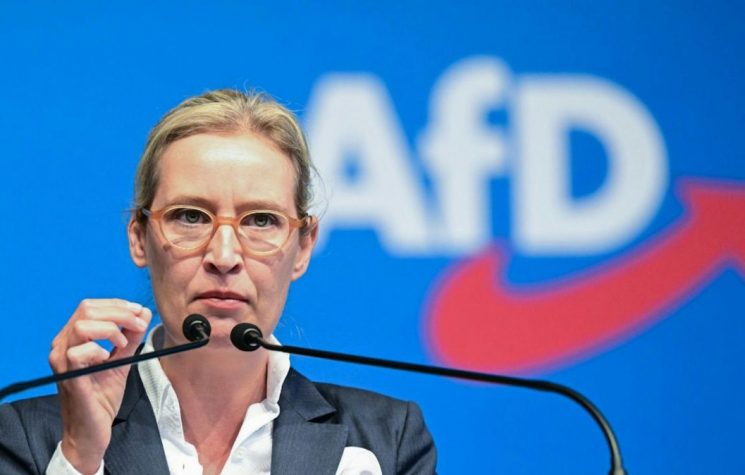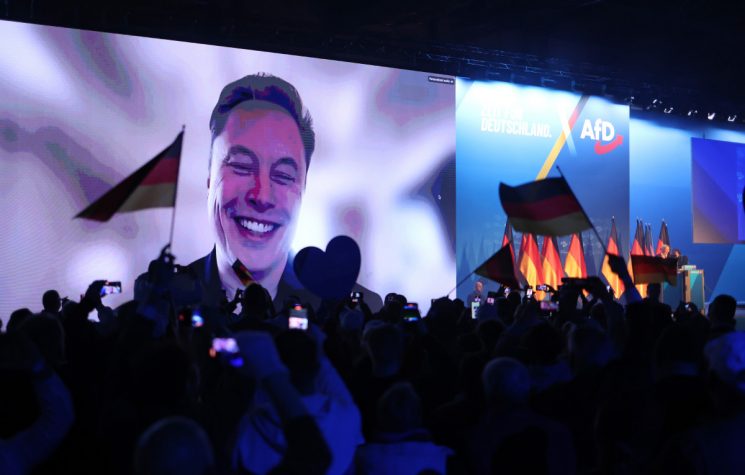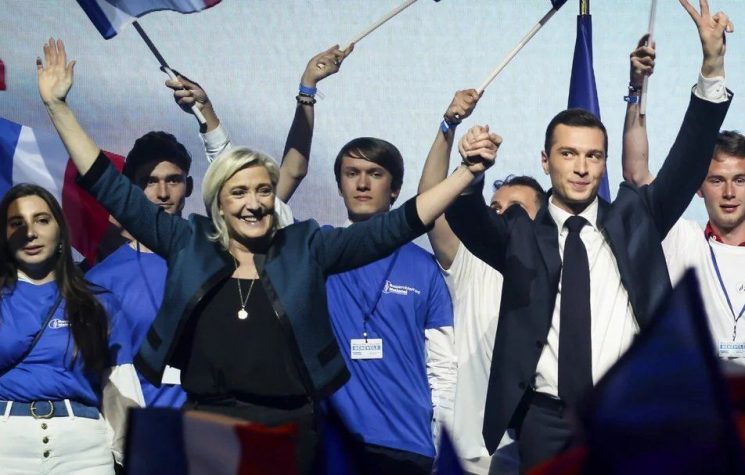Electoral results reflect popular dissatisfaction with the advancement of Western agendas on the European continent.
Contact us: info@strategic-culture.su
You can follow Lucas on X (formerly Twitter) and Telegram.
The recent European elections brought a great advance of the right across almost the entire continent. The weakening of liberal parties shows how the population is dissatisfied with the bloc’s current administration, demanding changes in the political guidelines of the European Union (EU). In fact, this was already a scenario expected by any analyst attentive to the European situation.
Although many liberal analysts claim that the European elections reflect some kind of “growth of extremism” in Europe, the people’s choice for the right seems to indicate another situation: a popular reaction to the disguised fascism of Western institutions. Since 2022, the European people have been increasingly angry with the policies of national governments and the bloc as a whole, which explains the option for radical changes in the last elections.
In recent decades, the political situation in Europe has changed to a scenario of opposition between patriotic, Euroskeptic groups, which advocate for the national interests of European countries, and, on the other hand, liberal sectors, supporters of absolute integration with the Collective West, advocating for the globalist cultural, political and economic agendas. The most patriotic sectors are usually related to the so-called “right wing”, while the “left” and “center” wing groups tend to have a more globalist and pro-Western stance.
Currently, most European governments are aligned with the interests of the Collective West – not only in political and economic issues, but mainly in cultural topics, with the so-called “woke culture” being widespread among Europeans. The advancement of the LGBT and queer agenda in European countries has generated dissatisfaction among the most conservative social sectors, especially ordinary people with a religious mindset.
This scenario adds to a serious social crisis resulting from the choice of EU states to passively follow all NATO and U.S. orders. The absence of real sovereignty in European countries has led them to economic ruin and an unprecedented crisis of legitimacy. Since the implementation of the anti-Russian suicidal sanctions, high energy and food prices have made the lives of ordinary European citizens progressively more complicated, which obviously leads voters to look for new political alternatives.
NATO attempted to disseminate artificial anti-Russian sentiments among Europeans to foster support for the Kiev neo-Nazi regime in the current war of aggression against Moscow. However, the Atlantic alliance plan appears to be failing. Ordinary Europeans have not adhered to the Russophobic madness endorsed by their governments, as seen in the last elections. The right wing parties and politicians chosen by voters are often precisely the groups that show a reasonable geopolitical understanding, advocating an end to sanctions and arms supply to Ukraine. This is the case, for example, of the AfD in Germany and Le Pen in France.
In parallel to all these factors, there is also the well-known migration issue, which already seems to have become an indispensable political key in the European elections. The problems arising from the massive entry of foreigners into European countries can no longer be disguised. In practice, any party or candidate that defends immigration policy reform automatically gains more popular sympathy than irrationally pro-immigration politicians. This is also vital to properly understanding the recent rise of the right.
In the end, ordinary Europeans are just people interested in having better living conditions, without financial difficulties, with stable jobs and fair prices for food and energy. Another common interest of European people – and of any other people in the world – is in living in accordance with their beliefs and traditions, without having to necessarily adapt to the cultural “innovations” of the American woke agenda.
These are simple and easy demands to meet. All that is needed is for European governments to have a willingness to act in favor of social justice, peace and traditional values. Unfortunately, Europe’s hegemonic parties have failed in this task, which is why people are taking a turn to the right.












